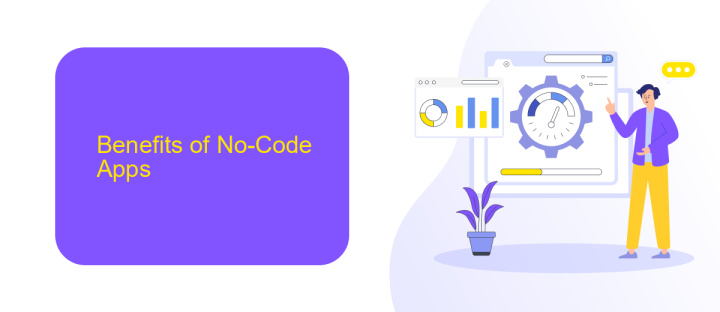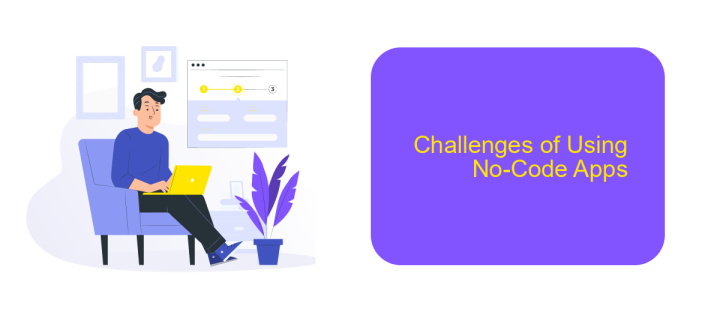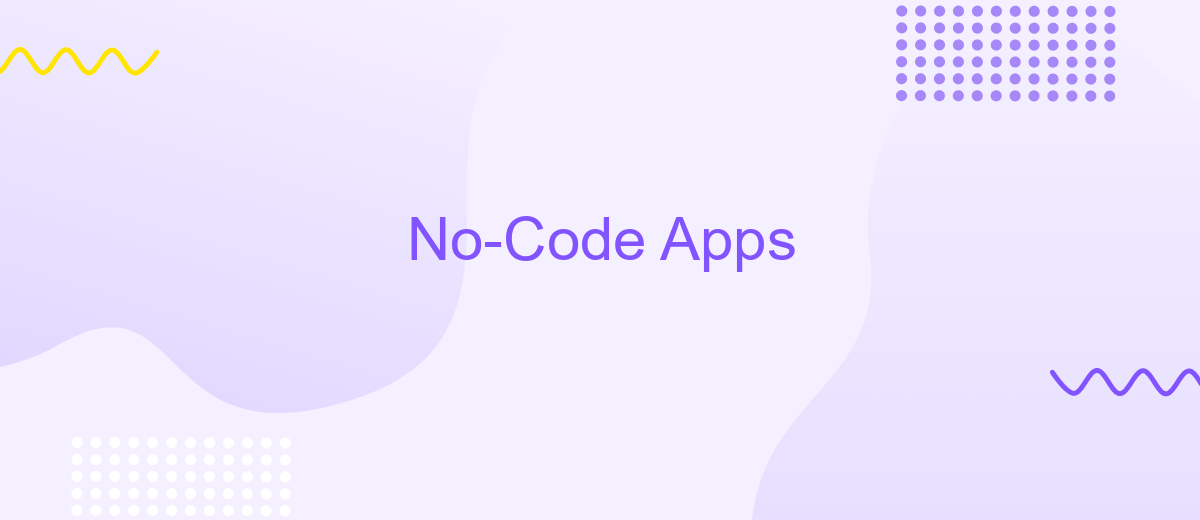No-Code Apps
No-code apps are revolutionizing the way we build software by enabling individuals without programming skills to create fully functional applications. These platforms offer user-friendly interfaces and drag-and-drop features, making app development accessible to a broader audience. Whether for personal projects or business solutions, no-code tools are democratizing technology and fostering innovation across various industries.
Introduction
No-code apps have revolutionized the way businesses and individuals approach software development. These platforms empower users to create fully functional applications without writing a single line of code, making technology accessible to a broader audience.
- Ease of Use: No-code platforms offer intuitive drag-and-drop interfaces.
- Cost-Effective: Reduces the need for expensive development teams.
- Speed: Rapidly prototype and deploy applications in a fraction of the time.
- Flexibility: Easily adapt and modify applications as requirements change.
- Integration: Seamlessly connect with other tools and services, such as ApiX-Drive, to automate workflows.
With the rise of no-code apps, anyone with a creative idea can bring their vision to life. Whether you're a small business owner looking to streamline operations or an entrepreneur launching a new product, no-code platforms offer the tools you need to succeed. By leveraging services like ApiX-Drive, users can further enhance their applications with powerful integrations, ensuring that their software ecosystem works harmoniously.
Benefits of No-Code Apps

No-code apps offer numerous benefits, making them an attractive option for businesses and individuals. One of the most significant advantages is the ability to develop applications quickly and cost-effectively without the need for extensive programming knowledge. This democratizes app development, allowing non-technical users to bring their ideas to life and streamline their operations. Additionally, no-code platforms often come with drag-and-drop interfaces, pre-built templates, and a variety of customization options, making it easier to tailor applications to specific needs.
Another key benefit is the ease of integration with other tools and services. For instance, platforms like ApiX-Drive enable seamless integration between different applications, automating workflows and enhancing productivity. This means that businesses can connect their no-code apps with CRM systems, marketing tools, and other essential software without the need for complex coding. Furthermore, the flexibility and scalability of no-code apps make them suitable for a wide range of use cases, from small projects to large-scale enterprise solutions.
Examples of Use Cases

No-code apps have revolutionized the way individuals and businesses approach software development, making it accessible to those without extensive programming knowledge. These platforms enable users to create applications through intuitive drag-and-drop interfaces, significantly reducing development time and costs.
- Small Business Automation: Small businesses can automate routine tasks such as customer relationship management, inventory tracking, and appointment scheduling without hiring a developer.
- Prototyping: Startups and entrepreneurs can quickly prototype their ideas, validate them with users, and iterate based on feedback, all without writing a single line of code.
- Integration of Services: Tools like ApiX-Drive allow users to seamlessly integrate various apps and services, automating workflows and improving efficiency across different platforms.
- Internal Tools: Companies can build custom internal tools to streamline operations, manage projects, and enhance team collaboration without relying on IT departments.
These examples demonstrate the versatility and power of no-code apps in various scenarios. By enabling non-technical users to create and manage applications, no-code platforms are democratizing software development and fostering innovation across multiple industries.
Challenges of Using No-Code Apps

No-code apps have revolutionized the way businesses approach software development, but they come with their own set of challenges. One significant issue is the limited customization options. While these platforms offer a range of templates and modules, users often find themselves constrained when trying to implement unique features.
Another challenge is scalability. No-code solutions are generally designed for small to medium-sized projects. As businesses grow, they may find that these platforms lack the capacity to handle more complex requirements. This can lead to performance issues and the need for costly migrations to more robust systems.
- Limited customization
- Scalability issues
- Integration challenges
Integration with other software and services can also be problematic. While some no-code platforms offer built-in integrations, they may not cover all the tools a business uses. Services like ApiX-Drive can help bridge this gap by providing seamless integration solutions, but this adds another layer of complexity and cost. Therefore, it's crucial to weigh these challenges against the benefits before fully committing to a no-code approach.
Future of No-Code Development
The future of no-code development looks incredibly promising as it continues to democratize software creation. With advancements in AI and machine learning, no-code platforms will become even more intuitive, allowing users to build complex applications with minimal effort. This will empower not just developers, but also business professionals, educators, and creatives to bring their ideas to life without needing extensive technical knowledge. As a result, the barrier to entry for software development will continue to lower, fostering innovation across various industries.
Integration capabilities will also see significant improvements, making it easier to connect different services and automate workflows. Tools like ApiX-Drive are leading the way by offering seamless integration solutions that require no coding skills. By enabling users to effortlessly connect their apps and automate data transfers, platforms like ApiX-Drive will play a crucial role in the no-code ecosystem. This will not only save time but also enhance productivity, allowing businesses to focus on strategic growth rather than technical hurdles.
FAQ
What is a No-Code App?
Who can benefit from using No-Code Apps?
Can No-Code Apps handle complex workflows and integrations?
Are No-Code Apps secure?
What are some common use cases for No-Code Apps?
Apix-Drive will help optimize business processes, save you from a lot of routine tasks and unnecessary costs for automation, attracting additional specialists. Try setting up a free test connection with ApiX-Drive and see for yourself. Now you have to think about where to invest the freed time and money!

